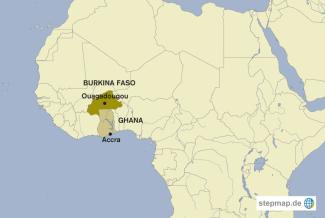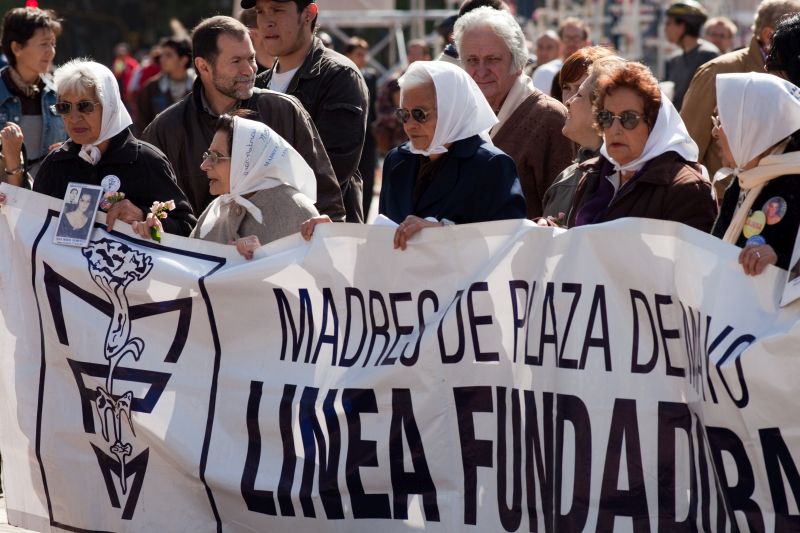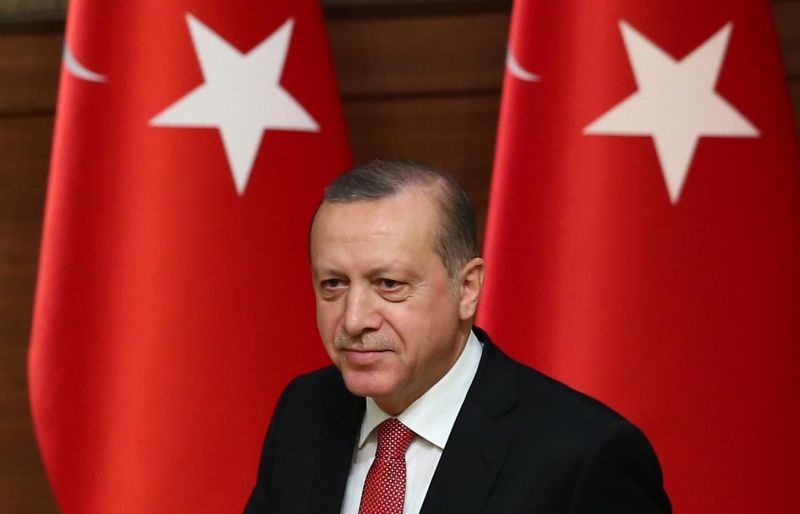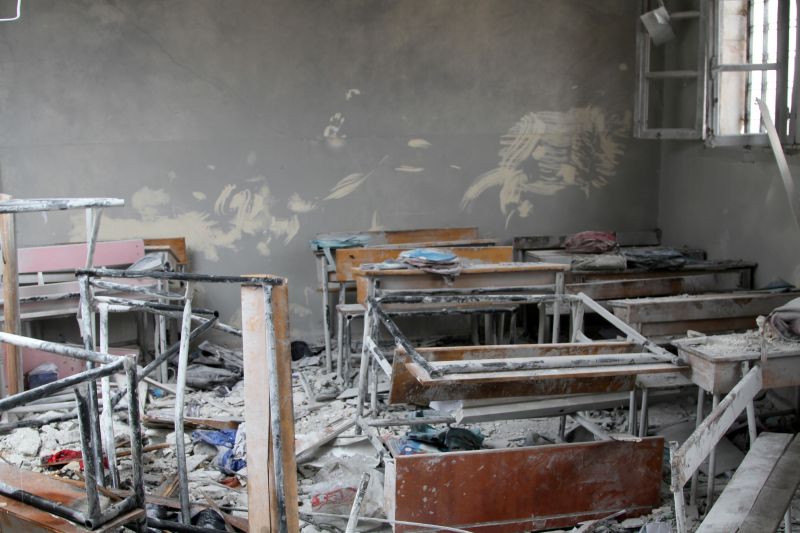Security
Bracing for attacks

Passengers are boarding a bus in Tamale for Burkina Faso. A bus conductor wants to carry a search on them, but they refuse, so an argument ensues. Searching bus passengers has become compulsory in Ghana after the terror attack on a hotel in Ouagadougou, Burkina’s capital city, in January.
Ghana’s police and military wants bus owners to check boarding passengers. “We have met with hoteliers and transport owners,” says Ebenezer Tettey, the PR officer of the Northern Ghana Police Command. “We have also advised car-rental businesses to look out for suspicious strangers.” He does not say what exactly would make them “suspicious”.
Many people in the northern region along the Burkinabe border are nervous that Ghana may soon become a terror target. Bus passenger Karim Dauda claims that he is afraid “because Burkina Faso and Ghana are so close. Whatever happens there can also happen here.” Adugibire Awuni, another passenger, agrees: “We live in a country that has porous borders.”
The Ghanaian immigration service has embarked on a sensitisation programme to be on the lookout for “strangers”. The term mostly refers to foreign workers from Mali, Nigeria or Burkina Faso, three countries that, like Ghana, belong to ECOWAS, the Economic Community of West African States.
At the same time, Hanna Tetteh, Ghana’s minister for foreign relations and regional integration, commits “to work with countries within our ECOWAS region to ensure that our citizens can live in peace and security.”
Nonetheless, the immigrant communities are now under general suspicion. Francis Tachie is the commander-in-charge of the police in Paga, a border town. He encourages “every citizen to inform the security agencies when they see strangers that they are not comfortable with.”
Tachie and his team oblige bus owners to carry out passenger profiling. They want them to ask for ID cards and travelling routes. But Tachie is aware that terrorists may enter the country “using other ways than the approved routes.”
Some bus owners are defying the instructions on passenger profiling. Anaaya George, a vehicle owner, says it is “not our responsibility”.
At the moment, public places such as malls and schools have no security installations. Up to now, Ghana has had no terrorism problem. However, the police are raising visibility around public places, possibly to deter potential attackers. Many people feel the higher security-force presence is exaggerated. “I am not worried about my safety,” says bus driver Baba Asaah.
Maxwell Suuk is a journalist and lives in northern Ghana.
suuk.max@gmail.com











